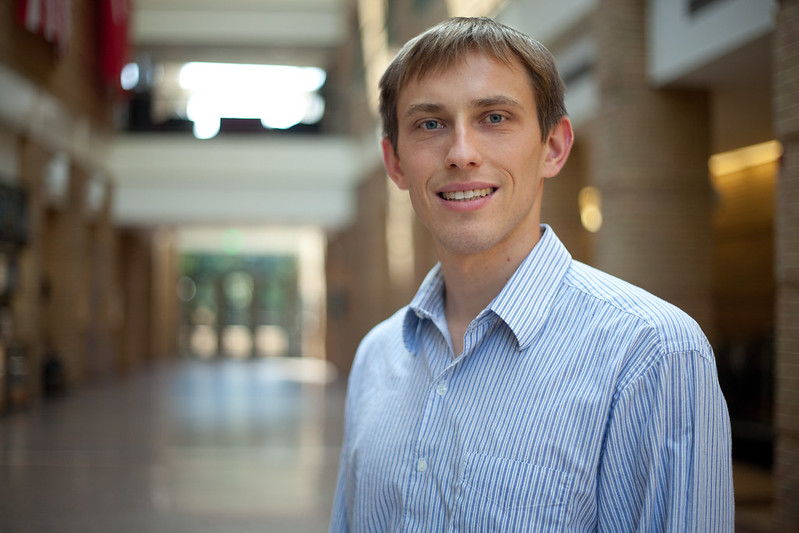
Teaching Labs
First-Year Lab
This course introduces students to practical aerospace engineering processes by the means of design, build, test and operation of simple flight vehicles (e.g. lighter than air craft). Students will design Mars surveillance blimps or dirigibles and fabricate and fly a terrestrial model. Students will be exposed to multiple disciplines in both engineering and the sciences including Aerospace, Electrical, Materials and Atmospheric Physics. The class involves hands-on experiences covering nearly all aspects of a real mission including concept proposal, design fabrication, test, operations, analysis, documentation and presentation of results. There will be individual training on fundamental diagnostic instruments, sensors and computers tools. Specific experiments include multi-meters, power supplies, temperature and pressure sensors, thermal-vacuum testing, data acquisition, micro-controllers and radio controlled components. This section emphasizes individual hands on skills, oral and written communication and working effectively in a team environment. The course is supported by a dedicated design-build-test facility.
Second-Year Lab
This course introduces students to practical aerospace system engineering processes by the means of design, build, test and operation of a flight vehicle. Students will be exposed to a variety of technologies. These include computer aided design (CAD), computer aided manufacturing (CAM), computer numerically controlled (CNC) machining, composites, mechanisms, laboratory instrumentation, basic analog and digital electronics, microcontrollers and sensors. These lab activities culminate in a team design-build-test- compete project of a dual-mode radio controlled and autonomous hovercraft.
Contact: Peter D. Washabaugh—Aerosp 205: Introduction to Aerospace Engineering Systems
Third-Year Lab
First course of a two-semester sequence covering fundamentals of instrumentation and measurement and their application in engineering testing and experimentation. Includes principles of analog and digital data acquisition, analysis of discrete measurement data, statistical assessment of hypotheses, design of experiments and similarity scaling of data. Emphasized development of skills for written communication and for working effectively in a team environment.
Contact: Timothy B. Smith—Aerosp 305: Aerospace Engineering Laboratory I
Senior Lab
Second course of a two-semester sequence covering fundamentals of instrumentation and measurement and their application in engineering testing and experimentation. Focuses primarily on application of the fundamental principles learned in Aero 305 to more advanced test and measurement applications. Involves instructor-designed experiments and one major project conceived, designed, conducted, analyzed and reported by student teams. Emphasizes development of skills for written communication and for working effectively in a team environment.
Contact: George F. Halow—Aerosp 495: Systems Engineering Leadership | Timothy B. Smith—Aerosp 405: Aerospace Engineering Laboratory II
NEED HELP?
The Academic Services Office is always here to help! Send any questions about the program or admissions.
